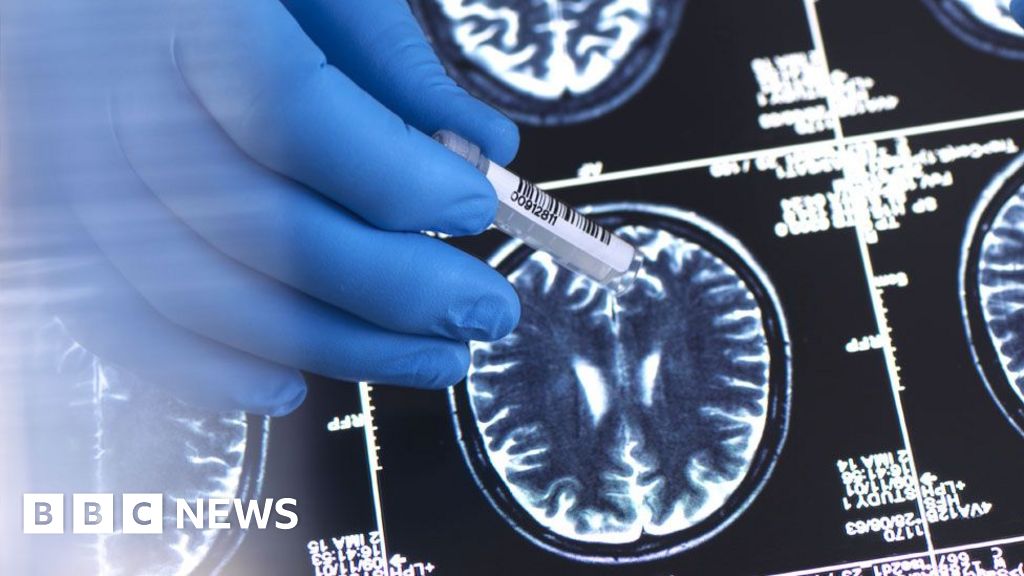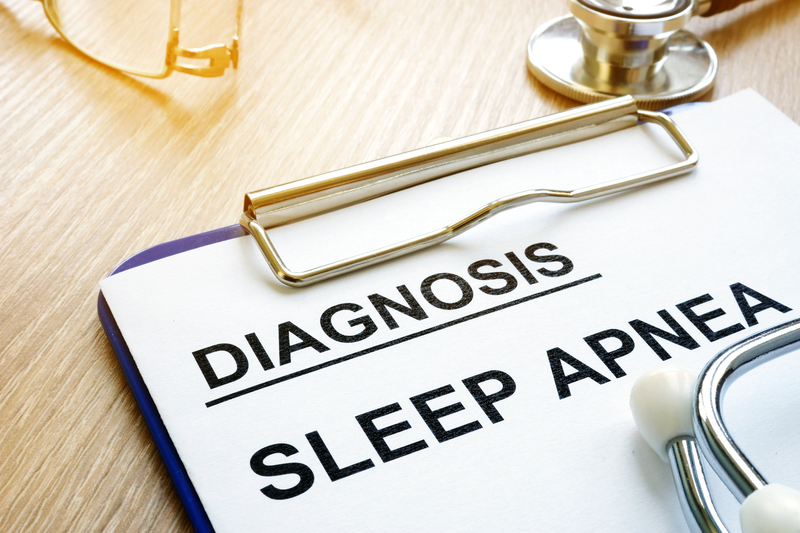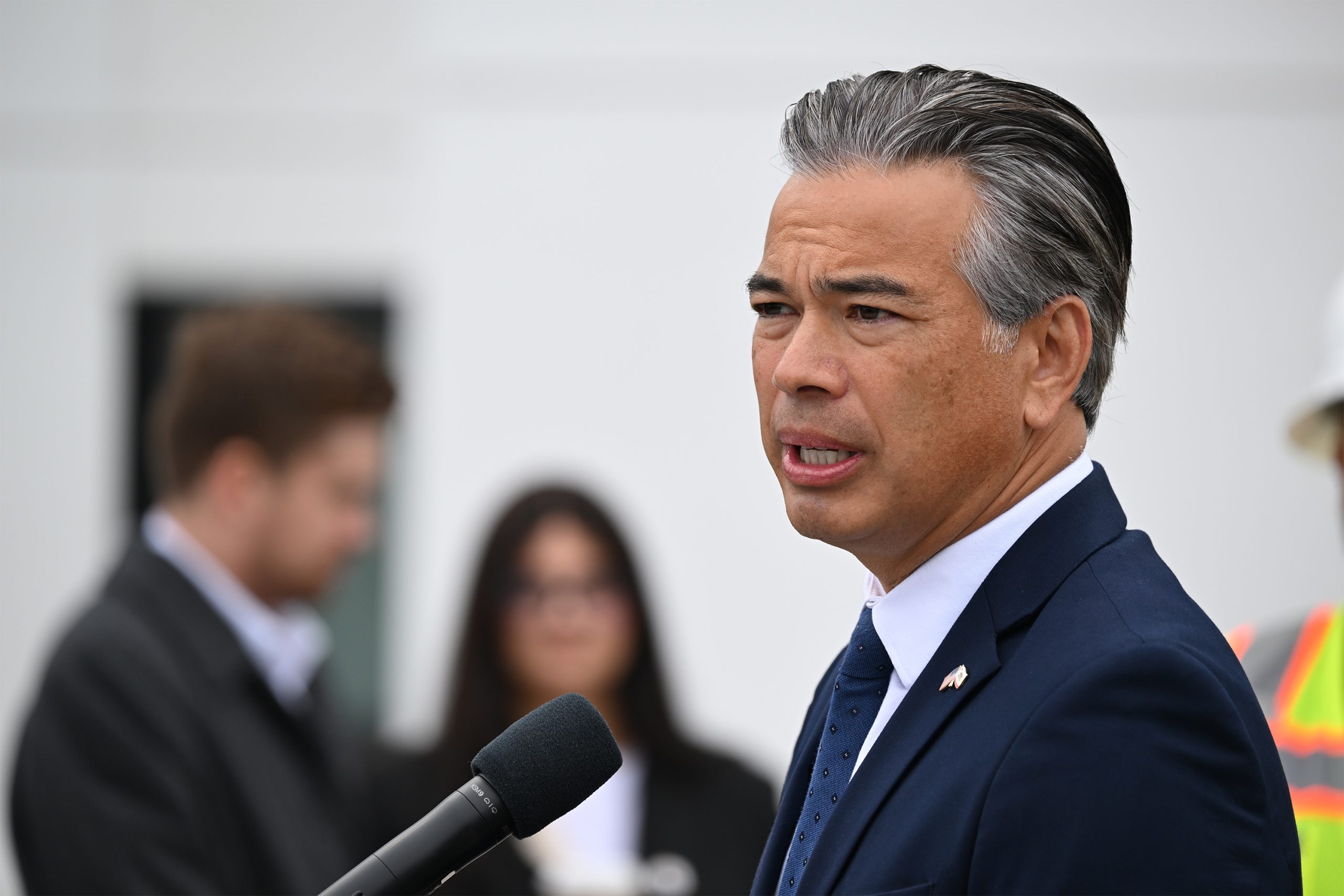A new drug that slows the pace of Alzheimer’s disease is too expensive for too little benefit to be used on the NHS, the drugs spending watchdog says.
Donanemab was hailed as a turning point in the disease last year.
But the National Institute of Health and Care Excellence (NICE) said the drug provided only a small benefit to patients.
And it came with huge costs, including the price of the drug and monitoring for significant side-effects including brain swelling and brain bleeds.
People do not get better on donanemab. It is not a cure for Alzheimer’s disease, but it slows the progression of the disease.
It works by clearing a sticky protein from the brain – called amyloid – which is one of the hallmarks of Alzheimer’s.
Donanemab was one of a pair of drugs to generate huge excitement because they were the first to show that Alzheimer’s could be slowed down.
Donanemab was earlier given a licence to be used in the UK by the drugs regulator, which means it is safe and can be prescribed privately.
However, NICE has ruled it would not be a good use of taxpayers’ money and was five-to-six times more expensive than the NHS normally considers acceptable.
The health spending body said donanemab slowed cognitive decline by four to seven months in trials. This could keep people living independently at home for longer.
“This is just not enough benefit to justify the additional cost to the NHS,” said Helen Knight, director of medicines evaluation at NICE.
“I know this will be disappointing news, but this is an emerging field of medicine and there are other treatments being developed.”
It is not known exactly how much the drug would cost the NHS. In the US it has an official price of around £25,000 a year per patient. However, that is just the cost of the drug. Surrounding care – including an infusion every four weeks and checking for side-effects – significantly adds to the bill.
It is estimated that around 70,000 adults in England would have been eligible for treatment with donanemab. Wales and Northern Ireland normally adopt NICE decisions too.
The decision to reject the drug was made despite potential savings to the NHS and social care being considered.
The drug is not free of risk.
Brain swelling was a common side-effect in up to a third of patients in the donanemab trial. For most, this resolved without causing symptoms. However, two volunteers, and possibly a third, died as a result of dangerous swelling in the brain.
It means people need genetic testing before they are allowed to go on the drug and regular monitoring while being given donanemab.
NICE also said the drug could only be used for 18 months and the impact beyond that was uncertain.
Another drug to slow Alzheimer’s – lecanemab – was found to be too costly for the NHS in the summer.
Prof Fiona Carragher, from the Alzheimer’s Society, said these drugs offered a “new horizon of hope in the fight against dementia”.
She described the decision as “disheartening” but said the organisation respected the decision not to fund it on the NHS.
Prof Tara Spires-Jones, the president of the British Neuroscience Association, said: “While people living with dementia and their loved ones will undoubtedly be disappointed by the decision not to fund this new treatment on the NHS, the good news that new treatments can slow disease even a small amount is hopeful.”



